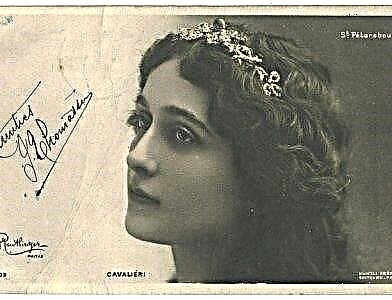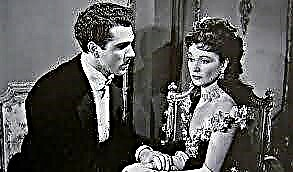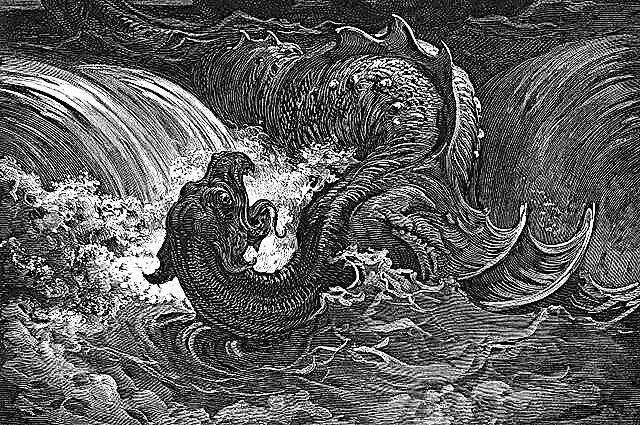(356 words) L.N. Tolstoy belongs to the discovery of the "dialectic of the soul" - an image of the inner life of a literary hero in his development. This technique allows readers to plunge into the world of actors. The author embodied it in the story of Anna Karenina.
The first meeting with Anna takes place in her brother's house. Sister is trying to restore peace to the Steve family. In her attempts, one can see not only delicacy, warmth, but also the mind, people's knowledge and simplicity. The heroine knows how to find the right words for everyone. And everything would be good in Anna’s life: a stable family life, a solid reputation in the world. But everything changes after a meeting with Alexei Vronsky. Seeing him briefly at the station, Anna can not get the young man out of his head. A new random date at the ball reveals Vronsky and Karenina's irresistible craving for each other.
Family life ceased to satisfy Karenin: her husband’s shortcomings did not give rest, even the adored son does not become an outlet. She resists feelings, but they win, a woman becomes Vronsky's mistress. The heroine cannot live in a lie, but Karenin himself is much more interested in outward decency: he forces his wife to hide infidelity from strangers. Anna expects that with her birth (she was waiting for her daughter from her lover) everything will be resolved. Indeed, the situation has changed: having given birth to a daughter, Karenina fell into a maternal fever, which threatened with almost imminent death. The husband forgave the unfaithful and fell in love with her daughter. But the magnanimity of her husband began to annoy her, she was afraid and hated him. Soon, Anna and Alexei nevertheless unite and go abroad with their daughter.
However, living together does not bring the expected bliss. Vronsky threw everything for Anna’s sake, but was not ready for such a sacrifice, so he becomes colder to his beloved woman. She is fallen for society, forever separated from her son, she has no one to talk to. Karenina’s position is false and insulting for herself, so she is changing: calm and simplicity have been replaced by falsehood, irritability and unbridled jealousy. A terrible turning point occurs in the heroine’s soul, she sees nightmares. And what is the solution? Death, Anna no longer sees the outcome.
For Tolstoy, the family is the foundation that unites people in a disconnected world, so you cannot destroy it. Anna is guilty of this destruction, however, those around her who turned away from her for some sort of outward decency are no less guilty of her death. Anna got confused and could not escape, but the author does not make her a criminal, she causes compassion.












